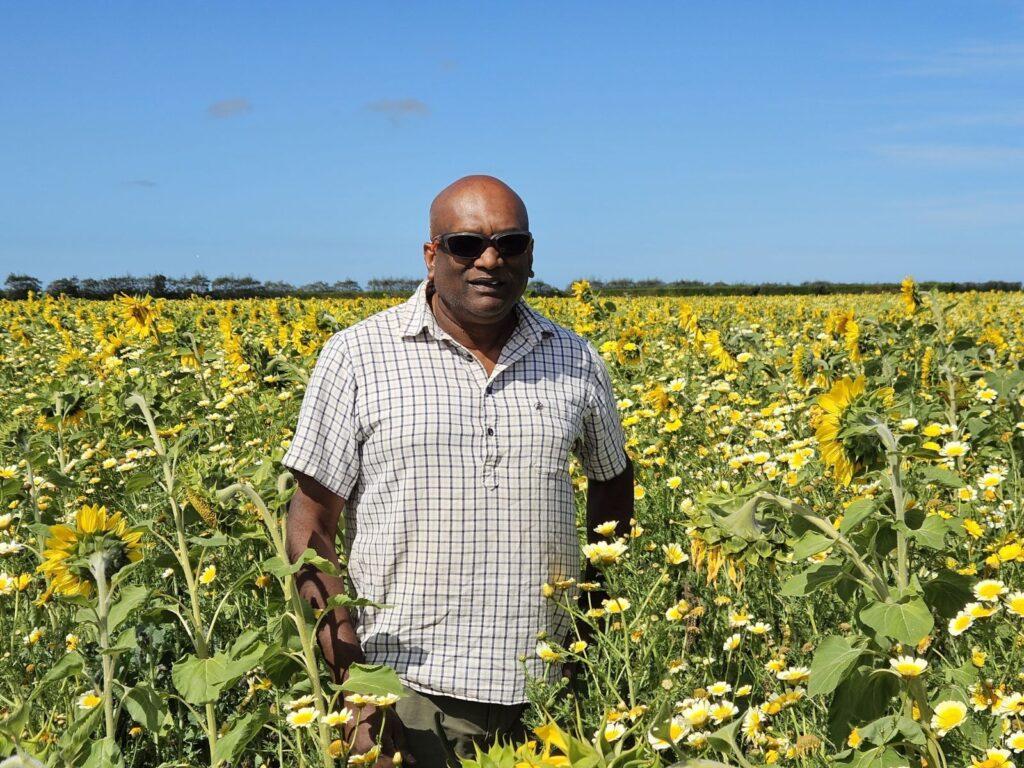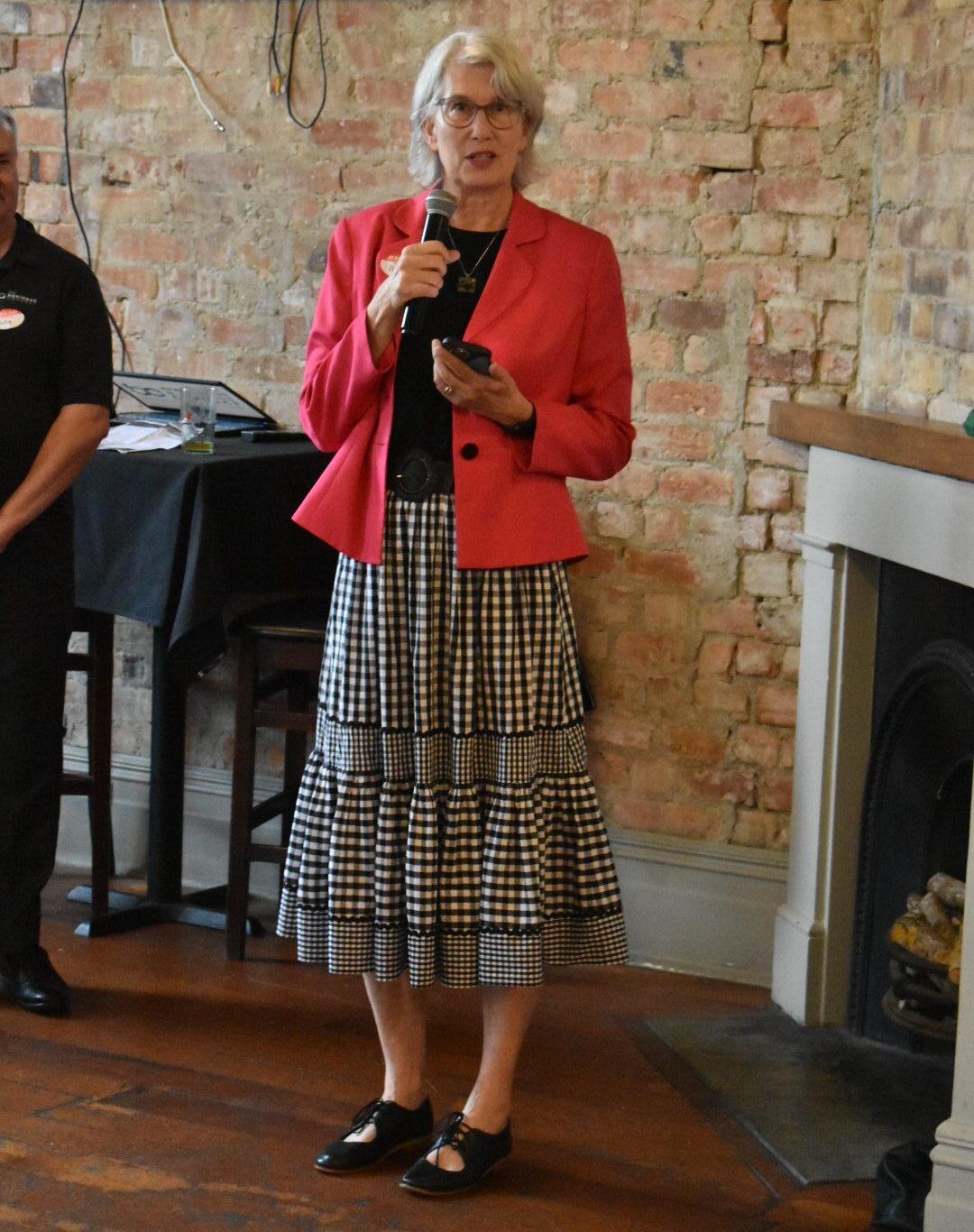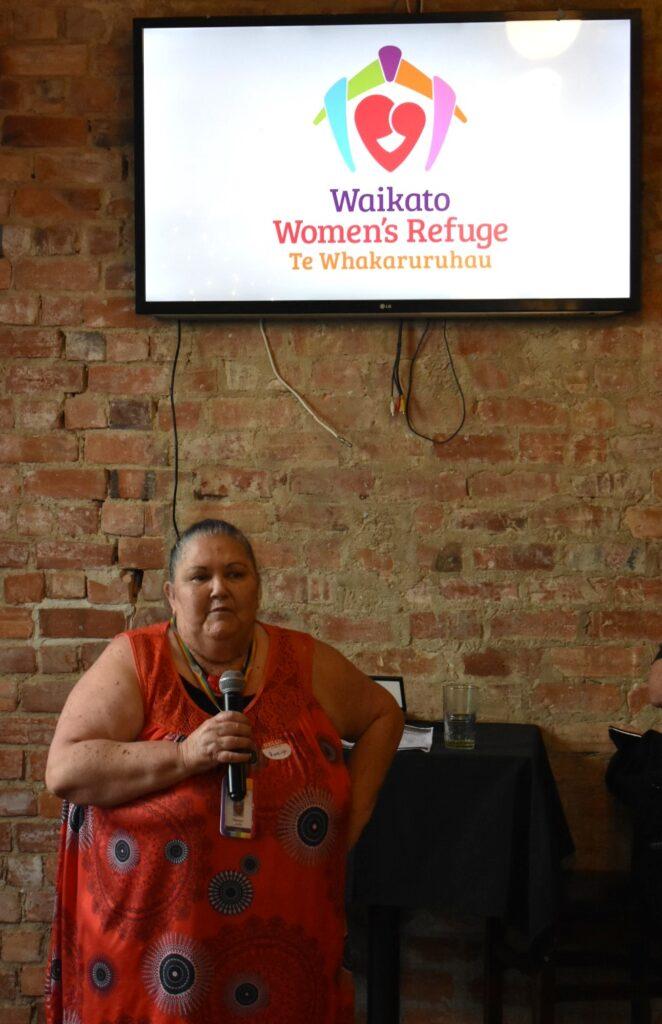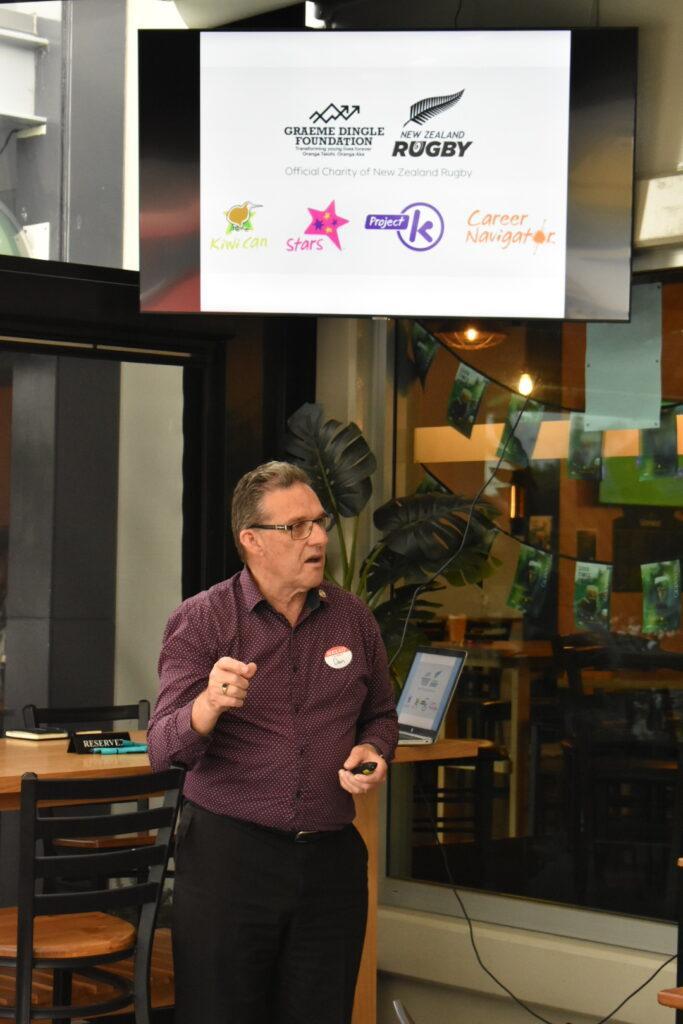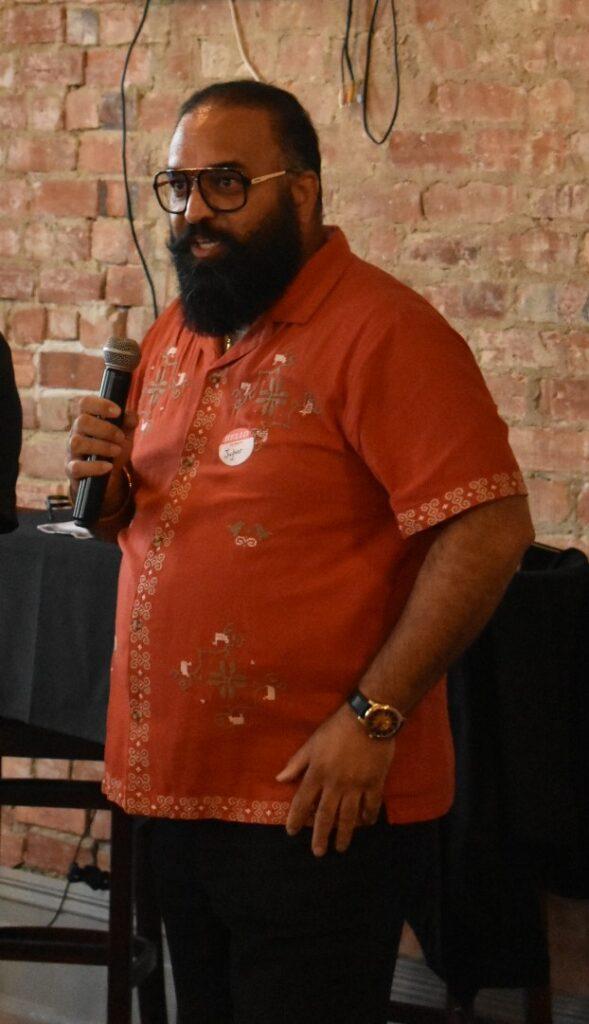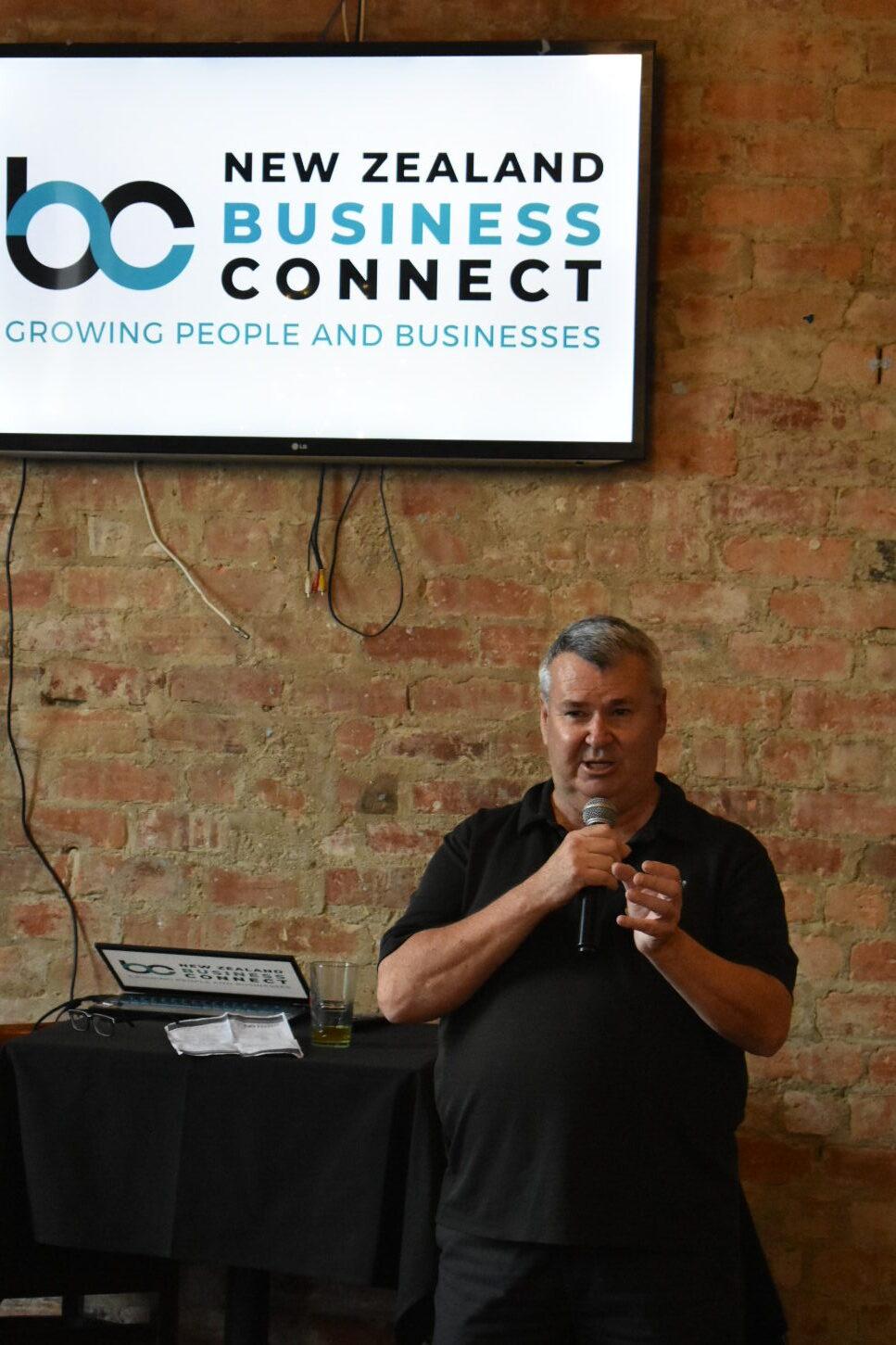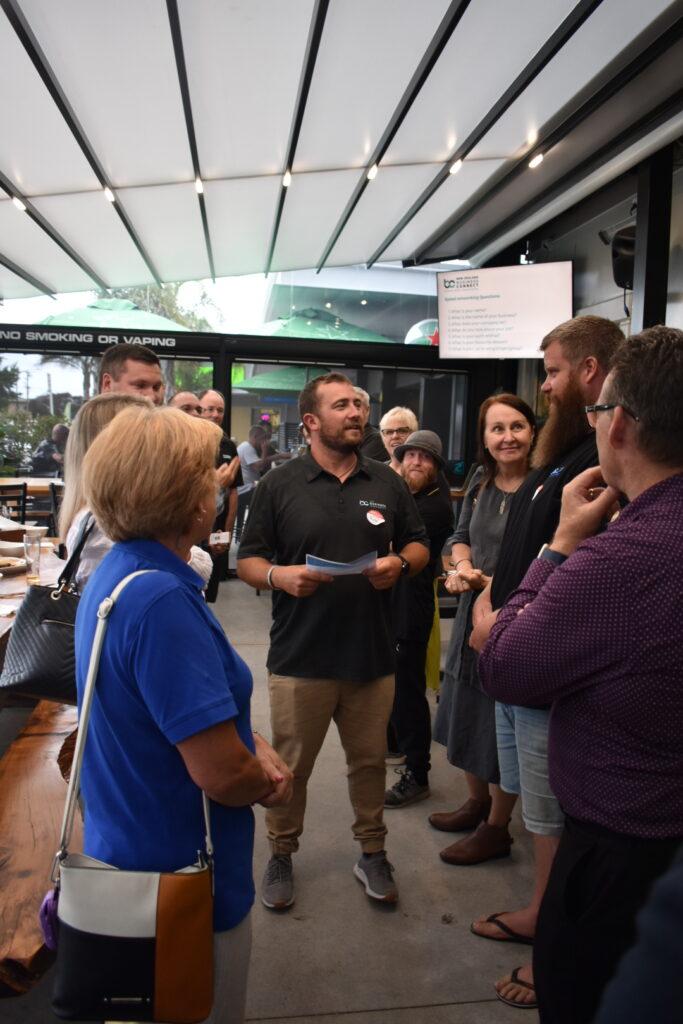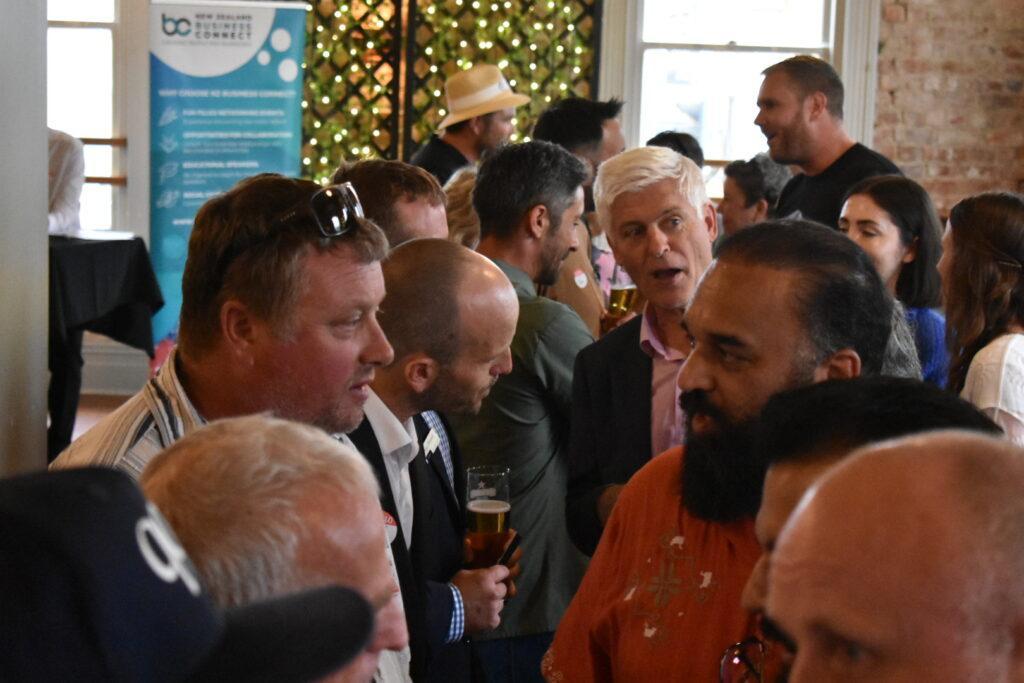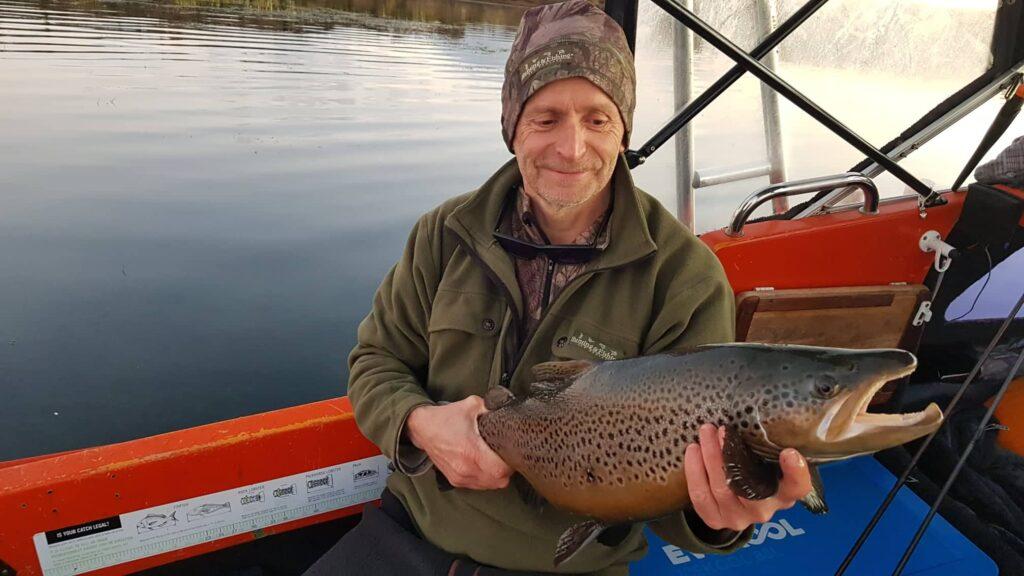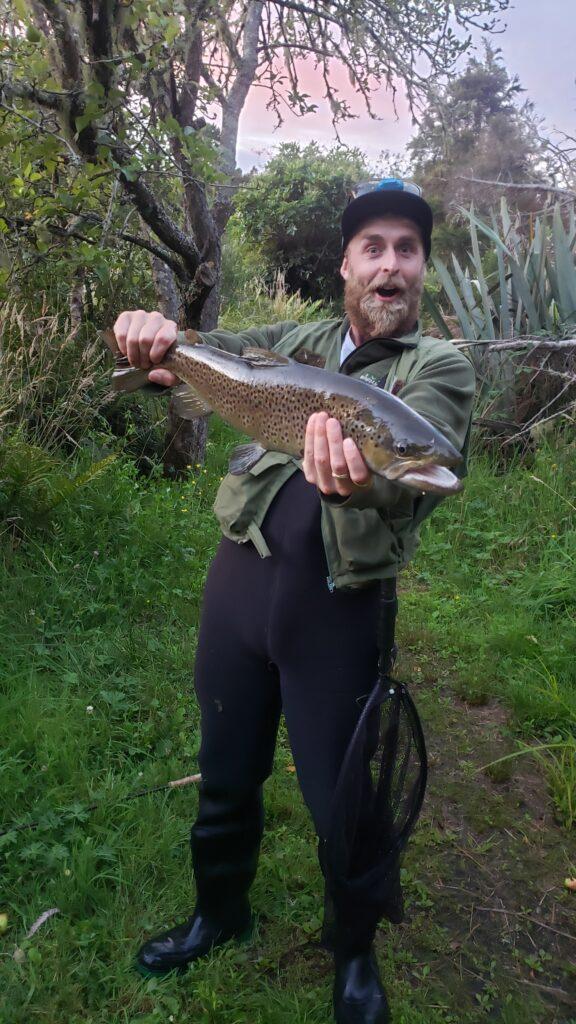Dr Gordon Rajendram has cultivated a significant relationship with Profile Fertilisers, a leading provider of agricultural nutrients and soil management solutions. This collaboration is at the forefront of advancing agricultural productivity and sustainability through innovative fertiliser use and soil health strategies.

With an impressive career spanning several decades, Dr Rajendram’s expertise in soil science and agronomy has been instrumental in developing cutting-edge fertiliser formulations and management practices. With over 70 publications and six patents, most of which were achieved during his 22-year tenure at AgResearch, Ruakura Research Centre, and a Phd from the University of Waikato, he is well equipped for New Zealand’s agricultural development. His work focuses on enhancing crop yield and quality while also addressing environmental concerns such as nutrient runoff and soil degradation. Through his association with Profile Fertilisers, Dr Rajendram has been a pivotal figure in driving research and development initiatives aimed at optimising fertiliser efficiency and promoting sustainable farming practices.
The collaboration between Dr Rajendram and Profile Fertilisers is built on a shared commitment to excellence in agricultural science and a mutual understanding of the challenges facing modern agriculture. Together, they have worked on numerous projects, leveraging Dr Rajendram’s scientific insights to refine fertiliser products and tailor them to the specific needs of New Zealand’s diverse agricultural sectors. This synergy has not only led to innovative solutions that benefit farmers but also contributed to the broader goals of environmental stewardship and sustainable agriculture.
Moreover, Dr Rajendram’s role extends beyond the laboratory and field trials; he is also actively involved in educational outreach, working with Profile Fertilisers to disseminate knowledge and best practices among the farming community. His efforts in translating complex scientific research into practical advice have made a significant impact on how fertilisers are perceived and used, promoting a more informed and responsible approach to nutrient management.
In summary, the relationship between Dr Gordon Rajendram and Profile Fertilisers exemplifies a successful partnership between science and industry. By combining scientific excellence with practical application, they are setting new standards in agricultural productivity and sustainability, benefiting not only New Zealand’s farming community but also contributing to global efforts in sustainable agriculture.
Learn more about Dr Gordon Rajendram here:
Contact Profile Fertilisers
Don Henderson: 021 643 698
Contact Dr Gordon Rajendram
021 466077
rajendram@xtra.co.nz
www.gordonrajendramsoilscientist.co.nz
Contact Phillip Quay
027 458 7724



